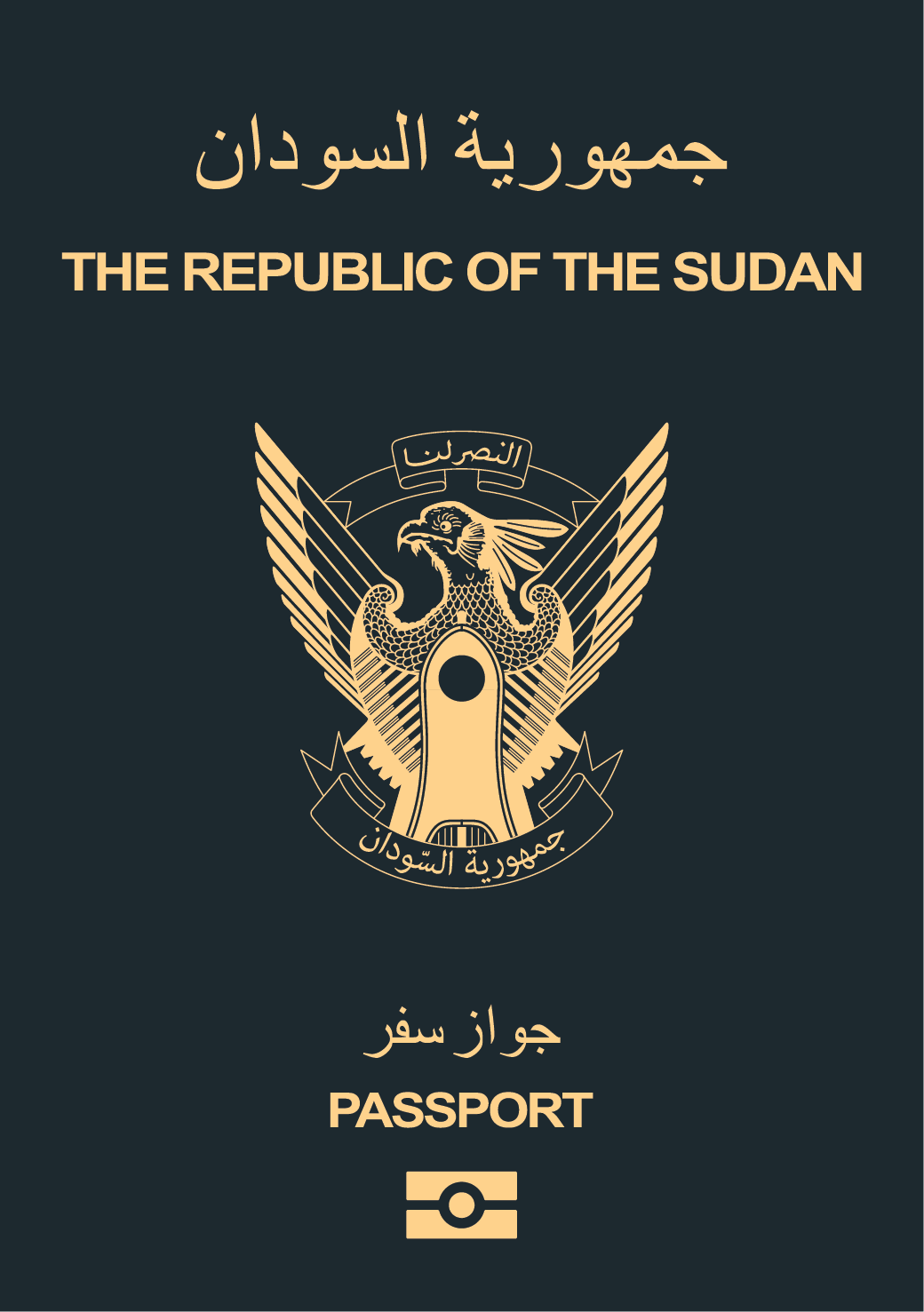Visa free access for Sudan
As a Sudan passport holder, you are permitted to travel visa-free to 42 countries and territories. This data is correct as of September 2024.
In order to travel visa-free, you will need a valid passport, often with at least six months until expiry. Additionally, you may need travel insurance, as required by your destination country.
Within these countries, there is often a separate section in airports where you can submit your Visa on Arrival. You will receive your visa on arrival (VOA) after entering the country that issued the visa.
Acquiring an eVisa follows the same process as applying for a traditional visa. The main difference with an eVisa is that you don’t need to visit a visa application centre. You can submit your application online, including making any payments relating to the visa.
Once the relevant authorities approve your application, you will receive a confirmation email regarding your visa status, along with a document that you must print and bring with you when crossing the border.
You will need a valid visa to enter the 42 countries with a Sudan passport.
About Sudan
Sudan, located in North-Eastern Africa, is the third-largest country on the continent. With a population of over 43 million people, it is a diverse nation with over 500 different ethnic groups. Arabic is the official language, with English and local dialects also widely spoken.
The climate in Sudan is tropical in the south, desert in the north, and a rainy season that varies by region. The country is known for its hot, dry winds that blow across the desert. Despite the harsh climate, Sudan is rich in natural resources, including petroleum and minerals.
Sudanese culture is a blend of African and Arab influences, evident in its music, dance, and cuisine. Islam is the dominant religion, influencing many aspects of daily life and societal norms.
The economy of Sudan is largely based on agriculture, employing a significant portion of the population. However, the country also has significant oil reserves, which contribute to its GDP. Despite political instability and economic challenges, Sudan is a country of immense potential, rich in cultural diversity and natural resources.
Whether you’re interested in exploring the bustling markets of Khartoum, the archaeological wonders of the Meroë Pyramids, or the natural beauty of the Red Sea, Sudan offers a unique experience for every traveler.

 Sudan
Sudan
































































































































































































































